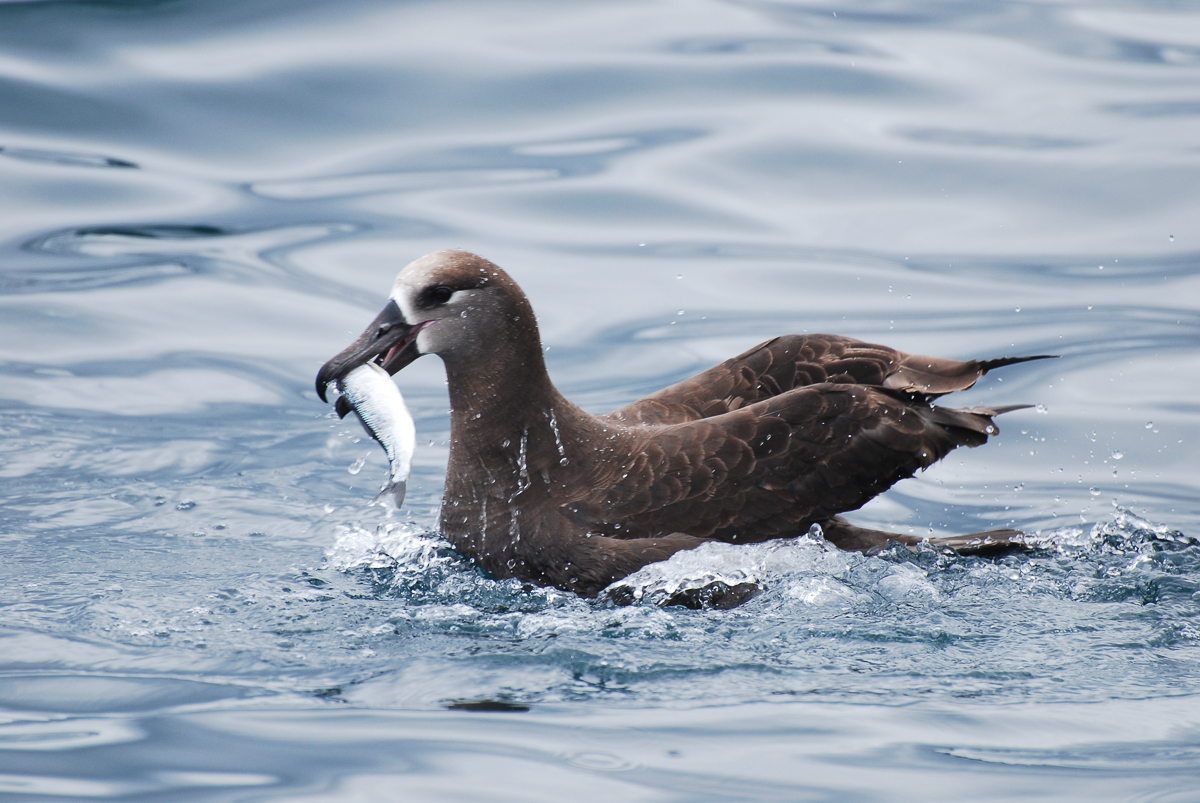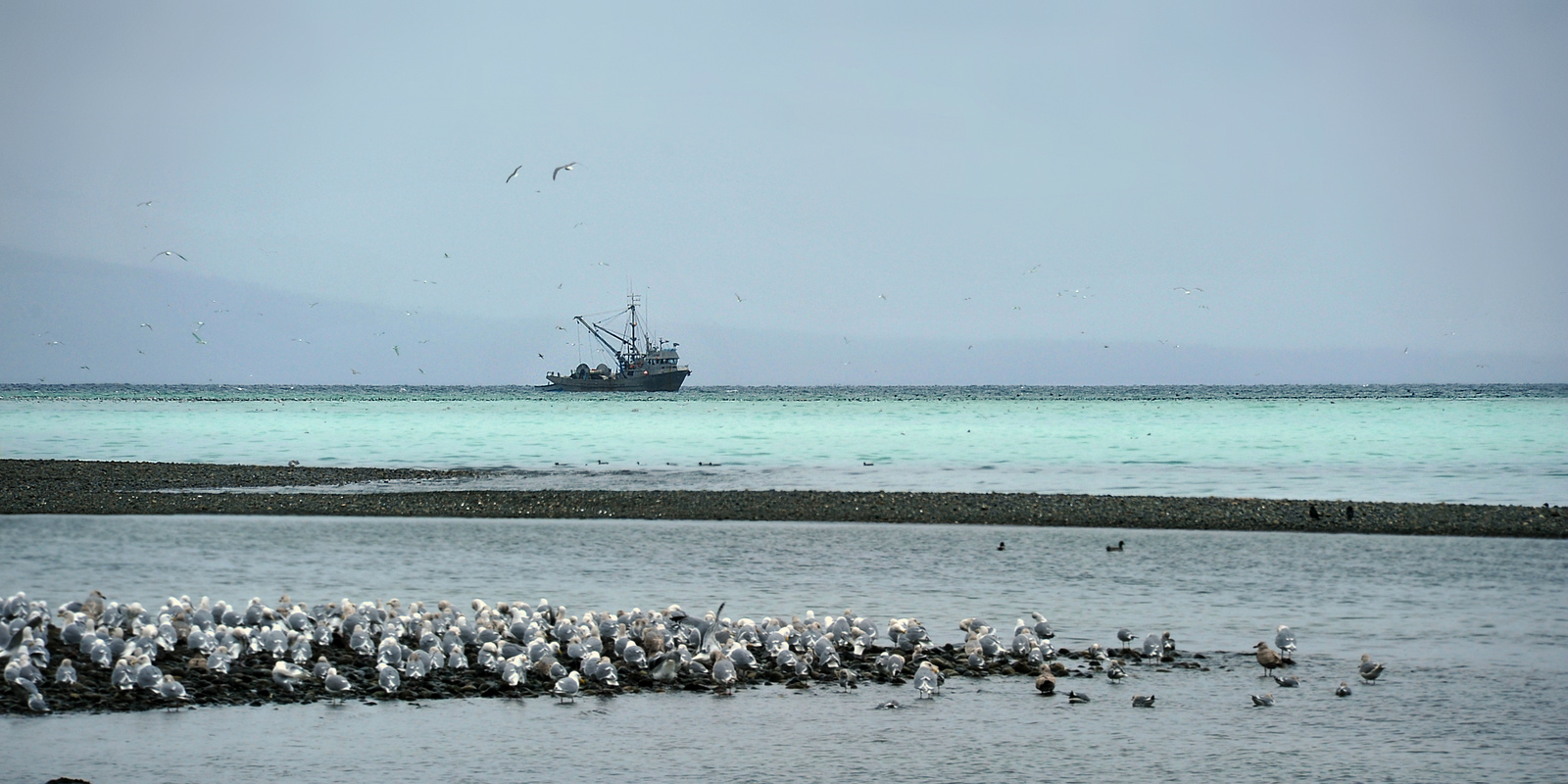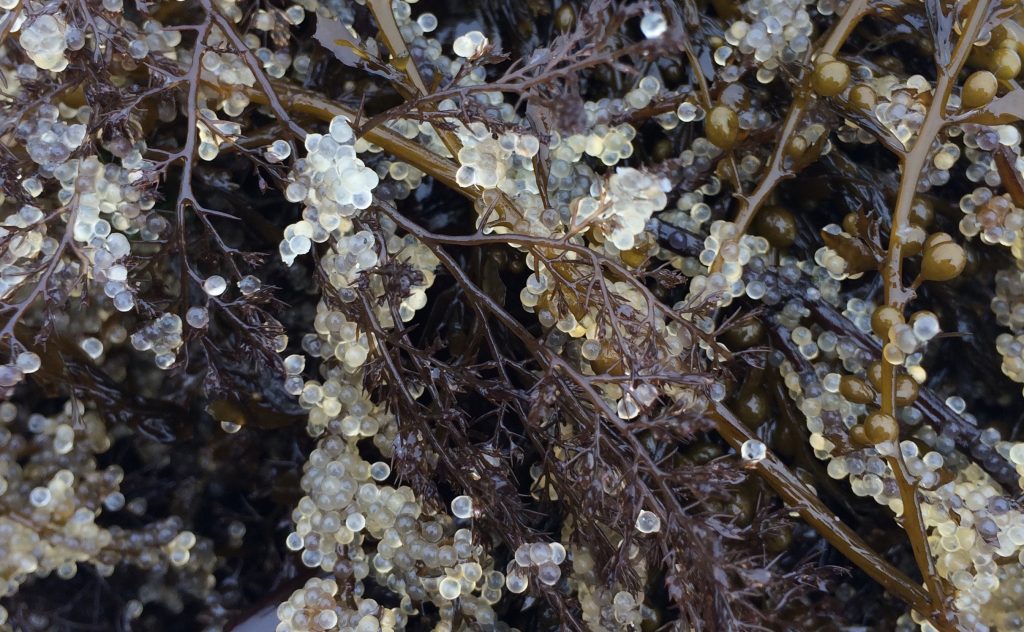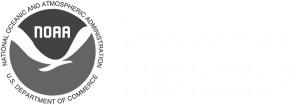Richmond, British Columbia
OMF-2
Pacific Herring
How can we better incorporate human dimensions into the management of forage fish and their ecosystem?

Overview
There is an urgent need to generate usable scientific information to meet the needs of ocean managers.
Nowhere is more pressing than in the case of forage fish – linchpins for ecosystems, cultures and fisheries. Of key concern is Pacific herring. Herring fisheries have been closed or severely limited through much of their range (Alaska to California) for more than a decade. Recently, some British Columbia stocks have rebuilt to the point where re-opening the fishery is under consideration. However, re-opening proposals are challenged by limited understanding of several critical factors, including physical factors affecting herring productivity, factors contributing to variable natural mortality, herring stock structure and spatial dynamics, impacts of viral and other pathogens, disagreement about harvest control rules, and the lack of a social-ecological framework that would facilitate integration of traditional knowledge and cultural ecosystem services into management. Despite these many shortcomings, a great deal of herring knowledge is available, albeit fragmented among disparate professional and social networks.
Summary
What is the role of Pacific herring in the social-ecological system, and how can human dimensions be incorporated into herring fisheries management?
We are engaging social and natural scientists, tribes and First Nations, and federal and state managers, in an effort to integrate models and different forms of knowledge to highlight the role played by herring in the social-ecological system of the Northeastern Pacific Ocean.
Vision
This Working Group will investigate how to use multiple models to incorporate traditional knowledge and human dimensions into the management of the Pacific herring ecosystem.
The goals of the Working Group are to explore:
- integration of traditional ecological knowledge in quantitative fisheries and ecological assessments;
- the role of herring in the coupled social-ecological system;
- the impact of environmental variability on herring dynamics; and
- the relationships between herring and predators.

Schedule
Seattle, Washington
Haida Gwaii, British Columbia
Meeting #3
Sitka, Alaska
Meeting #4
Seattle, Washington
Communications
Communication products associated with our work
Non-technical fact sheets, paper summaries, and published manuscripts
- Understanding Herring Behavior is Critical for Sustainability: Fact Sheet, Paper Summary, MacCall et al 2018
- Integrating Governance in Quantitative Fisheries Management: Fact Sheet, Paper Summary
- Modeling Trade-Offs Among Cultural, Economic, and Ecological Outcomes of Fisheries Management: Fact Sheet, Paper Summary
- Incorporating Spatial Structure: Refining Fisheries Management: Fact Sheet, Punt et al Paper Summary, Punt et al 2018, Voss et al Paper Summary, Voss et al 2018,




